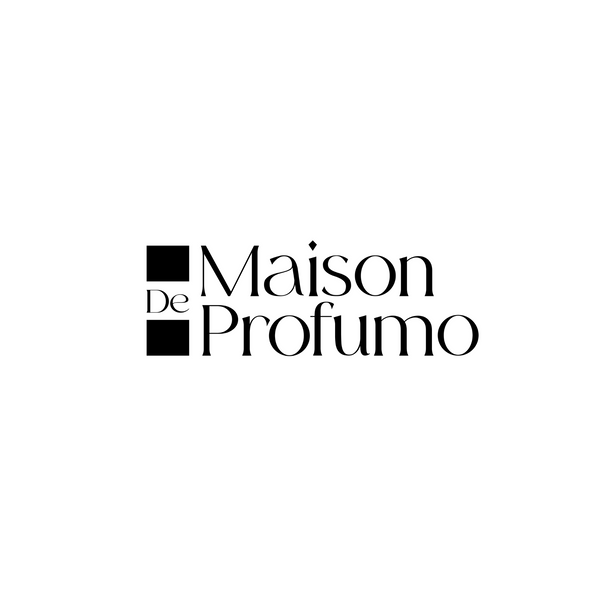Introduction:
Luxury perfumes have always held a certain allure, promising exclusivity, exceptional quality, and an unforgettable olfactory experience. But with a wide range of fragrances available at varying price points, many individuals find themselves questioning whether expensive perfumes are truly worth the investment. In this article, we will delve into the world of perfumes, comparing expensive offerings to their more affordable counterparts, and exploring the factors that contribute to the value and appeal of high-end fragrances.
Understanding Fragrance Composition
Before we delve into the discussion of expensive perfumes, it is crucial to understand the intricate world of fragrance composition. Perfumes are carefully crafted blends of aromatic compounds, consisting of top notes, middle notes, and base notes. The quality and complexity of these ingredients play a pivotal role in the overall fragrance experience.
- Top Notes: These are the initial scents that greet our senses upon application. They are typically light, fresh, and evaporate quickly. Examples include citrus, floral, and fruity aromas.
- Middle Notes: Also known as the heart notes, these fragrances become noticeable once the top notes dissipate. They form the core of the perfume and are often floral, spicy, or herbal in nature.
- Base Notes: These are the foundation of the fragrance and provide depth and longevity. Base notes tend to be rich, warm, and earthy, consisting of ingredients such as musk, vanilla, or amber.
The Allure of Expensive Perfumes
Luxury perfumes often come with a higher price tag due to several factors that contribute to their perceived value. Here are some key aspects that make expensive fragrances highly sought after:
1. Exceptional Ingredients and Formulation
Luxury perfume brands often prioritize the use of high-quality, rare, and exotic ingredients sourced from various parts of the world. These ingredients undergo meticulous extraction processes to ensure the preservation of their natural aromas. The resulting formulations are often complex and nuanced, offering a unique sensory experience that sets them apart from mass-market alternatives.
2. Expert Perfumers and Artistry
Renowned perfume houses frequently collaborate with world-class perfumers who possess extensive knowledge and expertise in fragrance creation. These skilled artisans meticulously blend different notes and accords, striving to achieve olfactory masterpieces that evoke emotions and tell a story. The artistry involved in crafting luxury fragrances contributes to their perceived value and exclusivity.
3. Attention to Detail and Packaging
In the realm of luxury perfumes, no detail goes unnoticed. From the elegantly designed bottles to the intricate packaging, every aspect of the product exudes sophistication and opulence. Luxury perfume brands often invest in exquisite craftsmanship and visually appealing presentations, enhancing the overall experience for the consumer.
4. Brand Reputation and Heritage
Established luxury perfume brands have built a reputation for excellence and exclusivity over the years. They have a rich heritage, often spanning decades or even centuries, which adds to the desirability and perceived value of their products. Consumers are drawn to the prestige associated with these brands, considering them as a symbol of refined taste and luxury.
Comparing Expensive Perfumes to Cheaper Alternatives
While expensive perfumes offer a range of unique qualities, it is essential to consider whether the added cost justifies the experience. To provide a comprehensive perspective, let's compare expensive perfumes to their more affordable counterparts using the MECE (Mutually Exclusive, Collectively Exhaustive) framework:
Expensive Perfumes:
- Higher quality ingredients: Expensive perfumes often utilize rare and premium ingredients, resulting in a more complex and sophisticated scent profile.
- Greater longevity: The concentration of aromatic compounds in luxury fragrances tends to be higher, leading to longer-lasting scents that linger on the skin throughout the day.
- Distinctive and unique: Luxury perfumes often feature carefully crafted compositions that are distinct from mass-market fragrances, making them stand out in a crowd.
- Exclusivity and prestige: Owning an expensive perfume can provide a sense of exclusivity and prestige, as these fragrances are often associated with luxury and sophistication.
Cheaper Alternatives:
- Affordability: Less expensive perfumes offer budget-friendly options without compromising on overall fragrance experience.
- Wider accessibility: Mass-market perfumes are readily available in various retail outlets, making them easily accessible to a broader range of consumers.
- Trend-driven options: Affordable perfumes often cater to current trends, allowing individuals to experiment with different scents without a significant financial commitment.
- Value for money: While not as intricate or exclusive, cheaper alternatives can still provide enjoyable fragrance experiences at a fraction of the cost.
Conclusion:
The decision to invest in an expensive perfume ultimately comes down to personal preference, budget, and the value one places on the unique qualities offered by luxury fragrances. While expensive perfumes often boast exceptional ingredients, intricate compositions, and prestigious brand associations, it is worth noting that affordable alternatives can also deliver enjoyable scent experiences without breaking the bank.
Whether one chooses to splurge on an expensive perfume or opt for a more budget-friendly option, the world of fragrances offers a diverse range of choices to suit every individual's taste and style. At the end of the day, what matters most is finding a scent that resonates with you, evokes pleasant emotions, and leaves a lasting impression.
